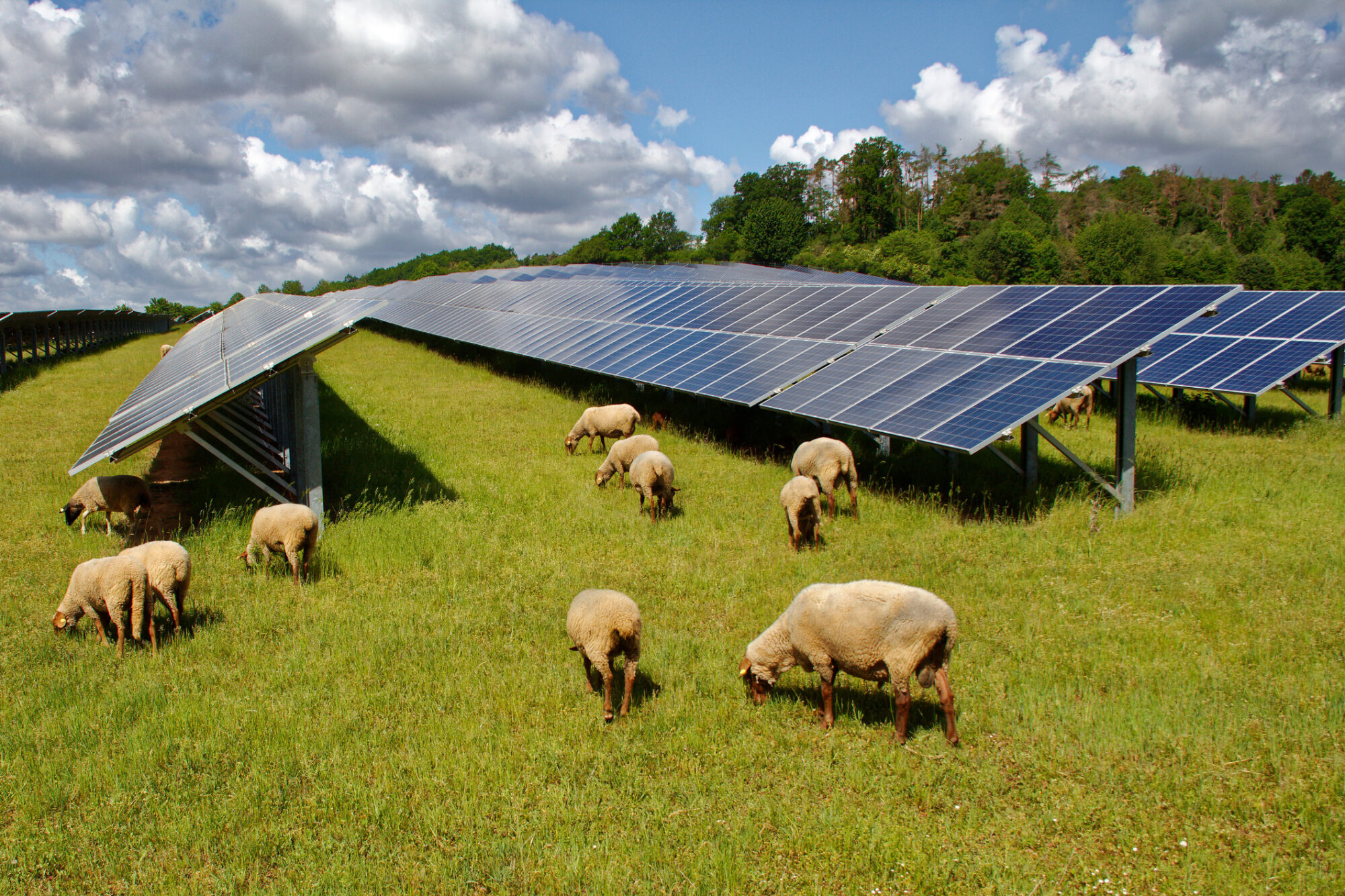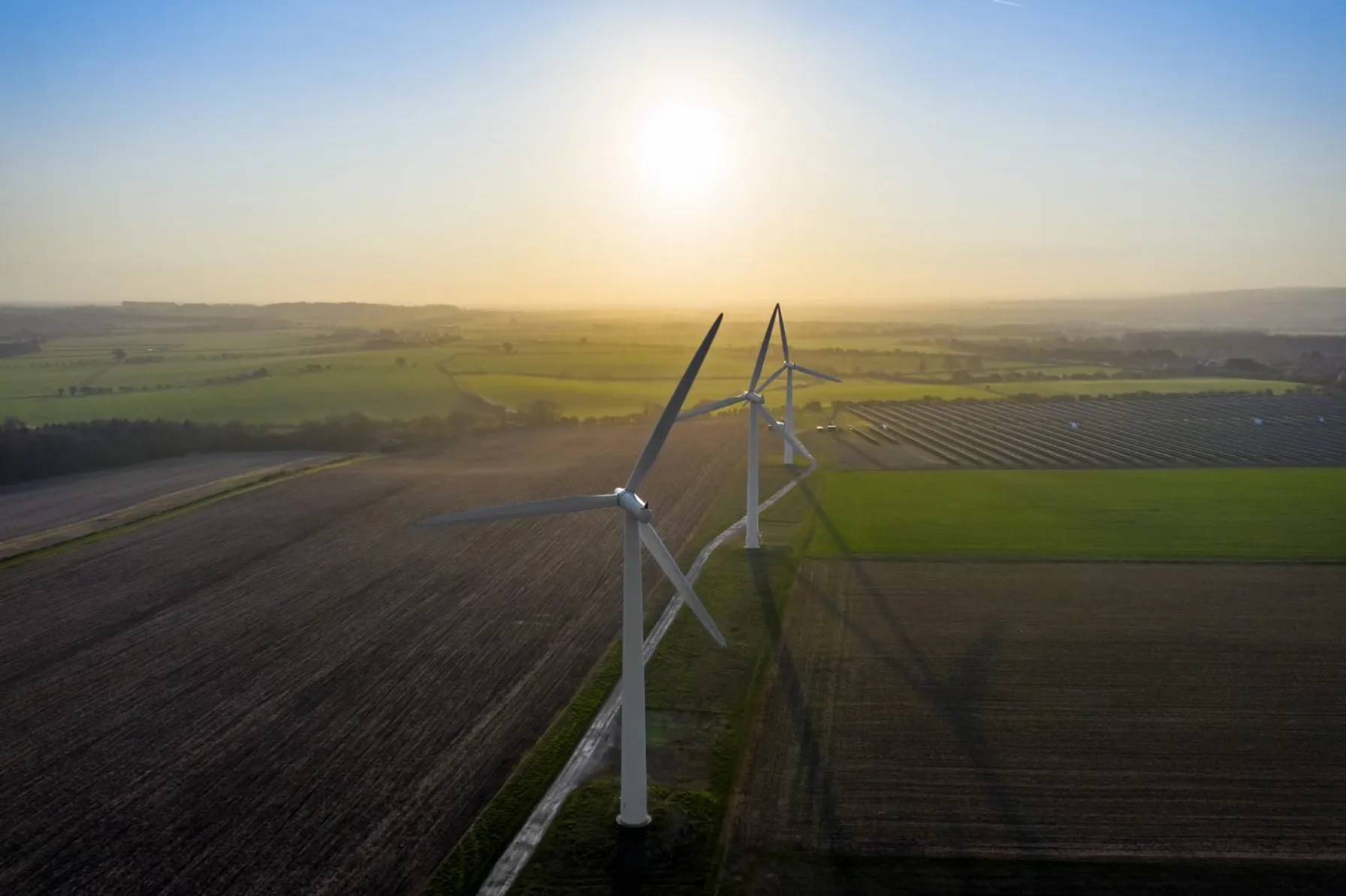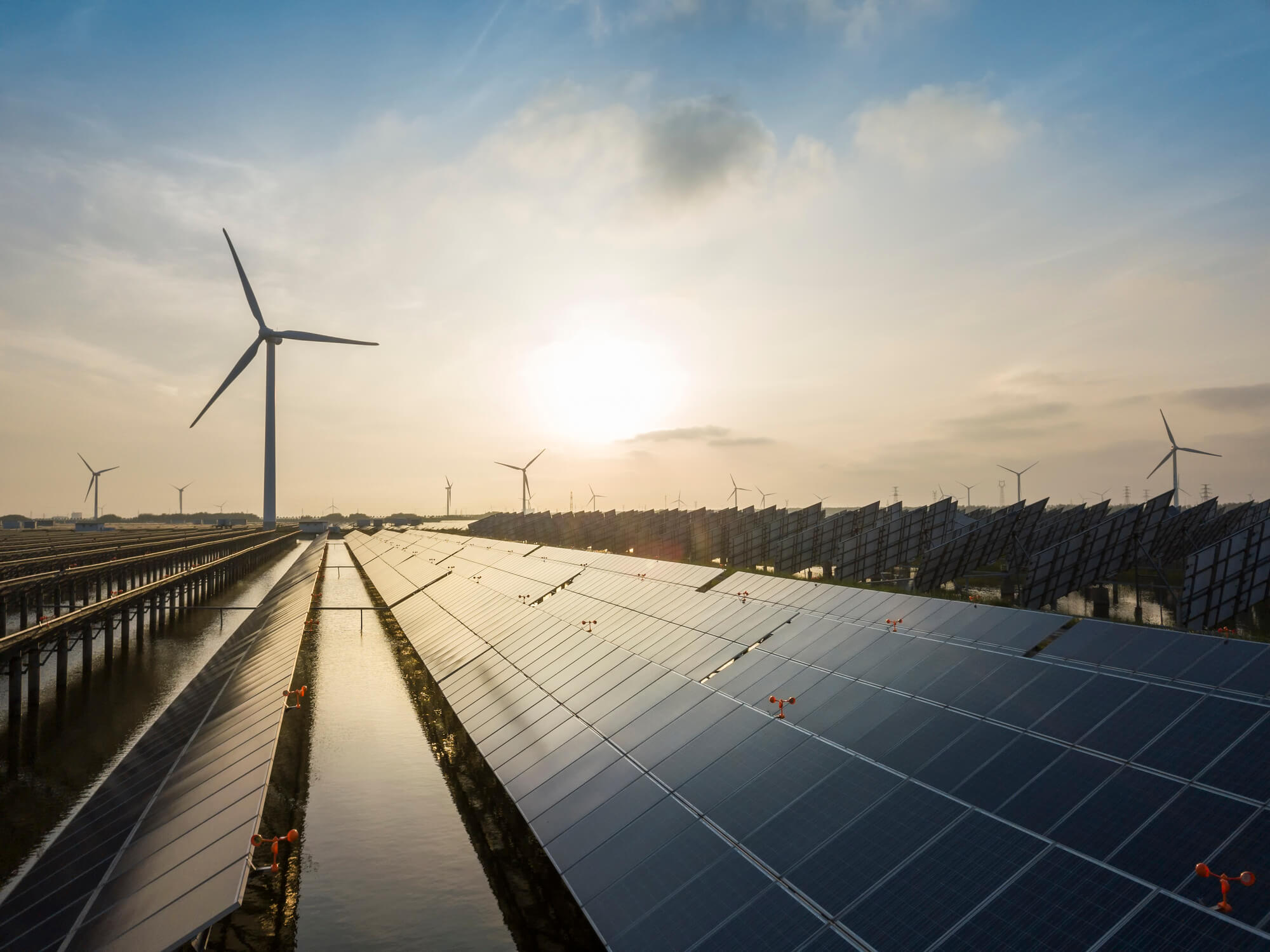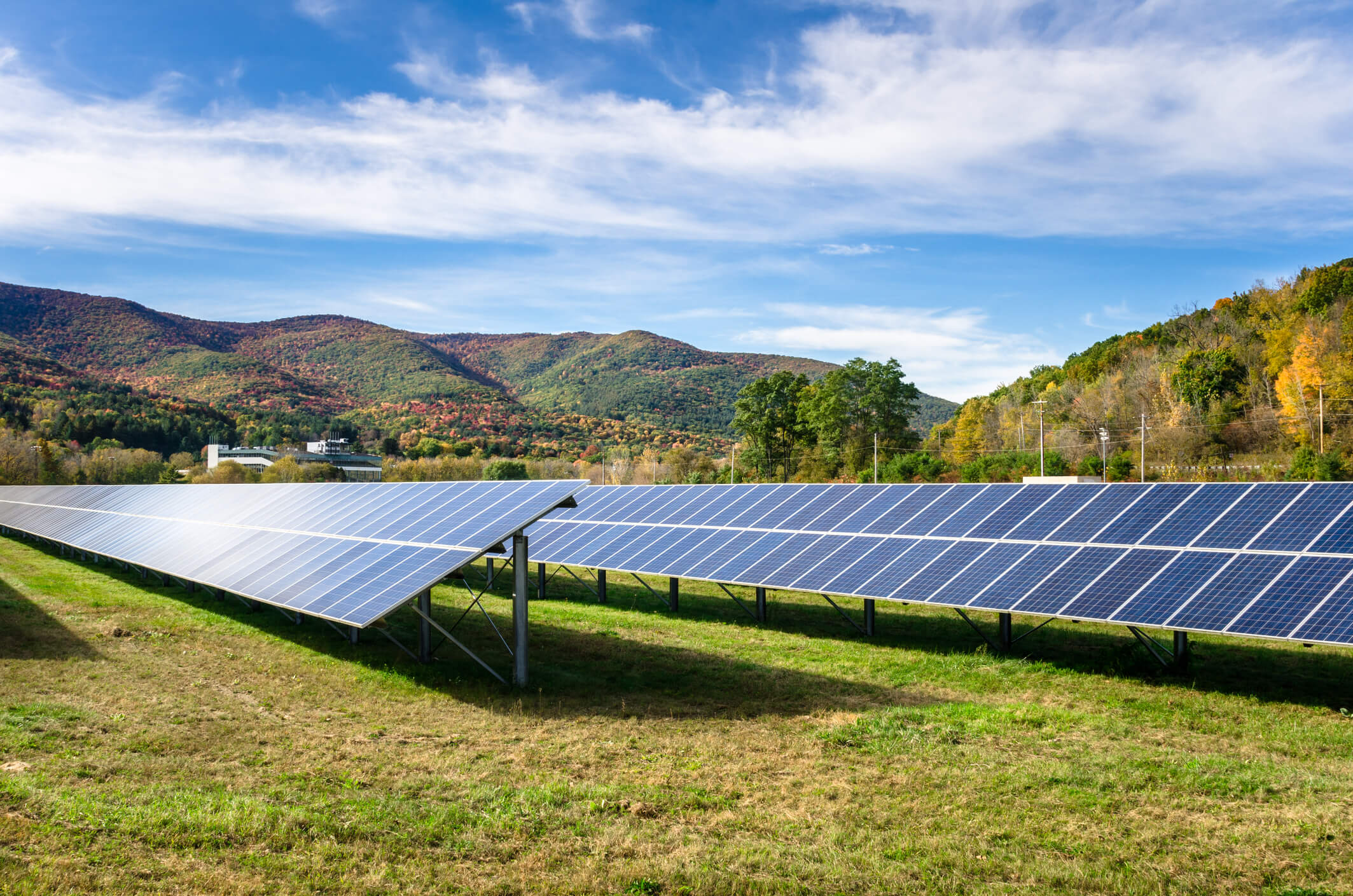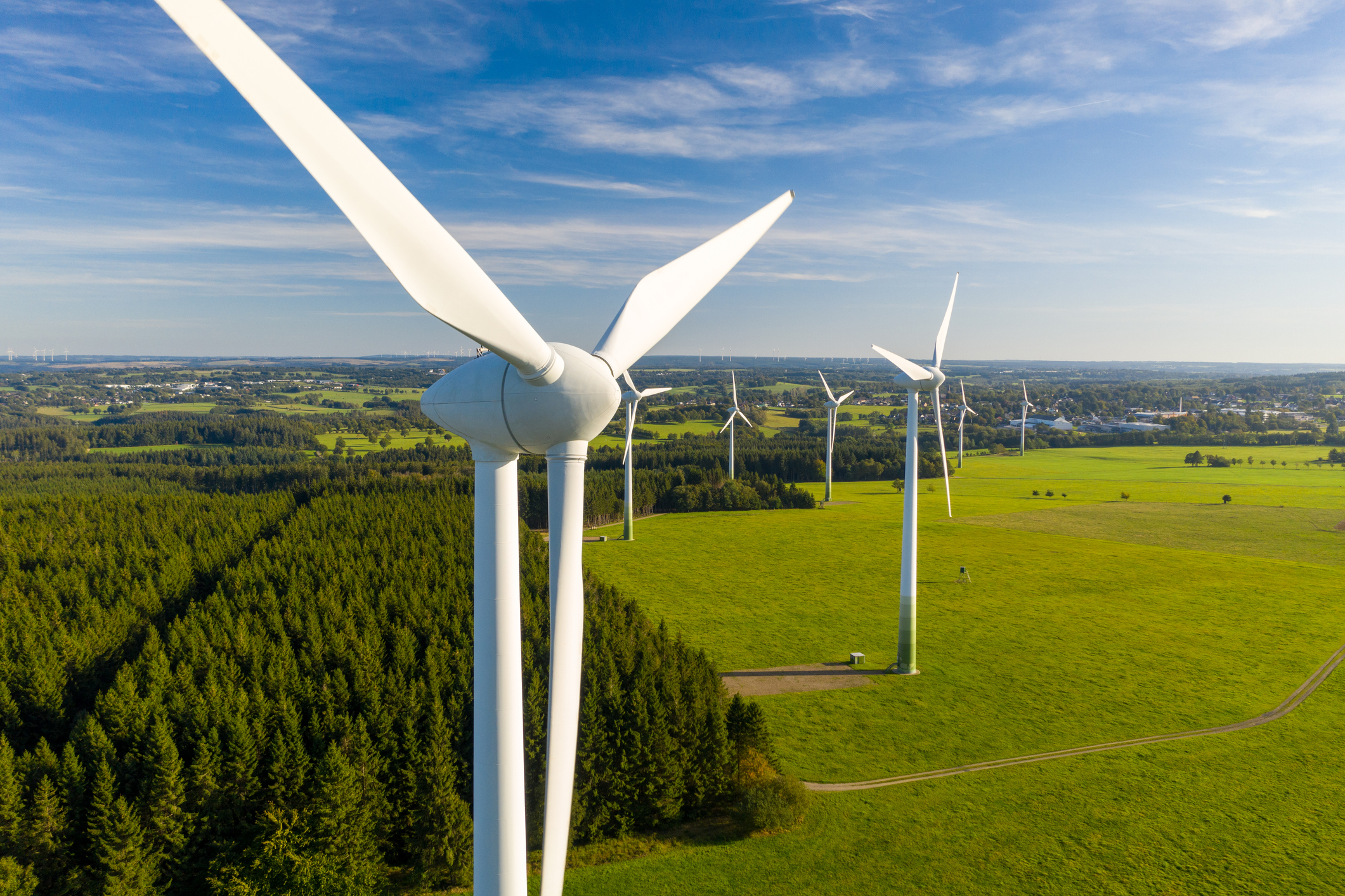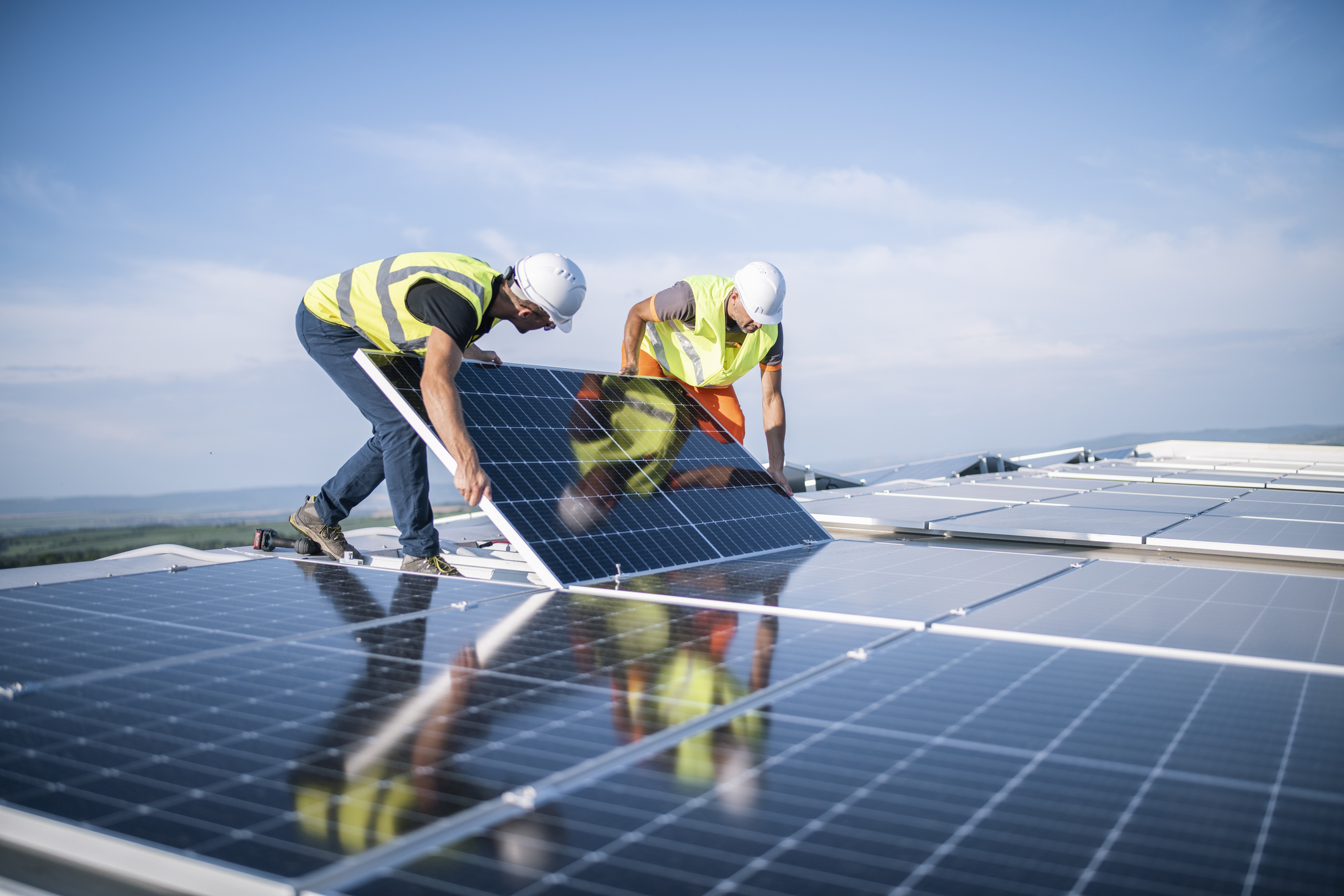Author: Jenny Phillips | February 8, 2023
Agrivoltaics
Agrivoltaics is the simultaneous use of land for both solar photovoltaic power generation and agriculture. Solar sharing allows farmers to increase and diversify revenues without taking land out of food production and reduces operational costs. This presentation explains TRC’s engagement with agrivoltaics and opportunities to expand.
Contact Jenny Phillips, VP, Director of Technical Development Unit and CORE at jkphillips@trccompanies.com to learn more about TRC’s agrivoltaics expertise.

About the CORE
The Center of Research and Expertise (CORE) is a multidisciplinary team led by proven subject matter experts who are recognized for their technical contributions and knowledge in a wide range of environmental subjects and specialties. Our purpose is to promote the expertise and talents of our team while enabling them to work at the forefront of emerging challenges and solutions. The CORE Teams contribute to the technical advancement of our professional, academic and client communities, as we work to solve clients’ issues through the improvement of science and technologies in our industry. Our CORE Teams also contribute significantly to our culture at TRC, with the intent to support and sustain growth. The work we do within TRC brings immense value to our clients, our company, and our team, and differentiates TRC’s leadership in the markets we serve.
This team supports the growth and promotion of our staff and their technical skills, in over 25 different specialized technical areas.
Related Materials
 TRC Expert Services
TRC Expert Services
Published June 20, 2022
 TRC Agrivoltaics
TRC Agrivoltaics
Published
Sharing Our Perspectives
Our practitioners share their insights and perspectives on the trends and challenges shaping the market.
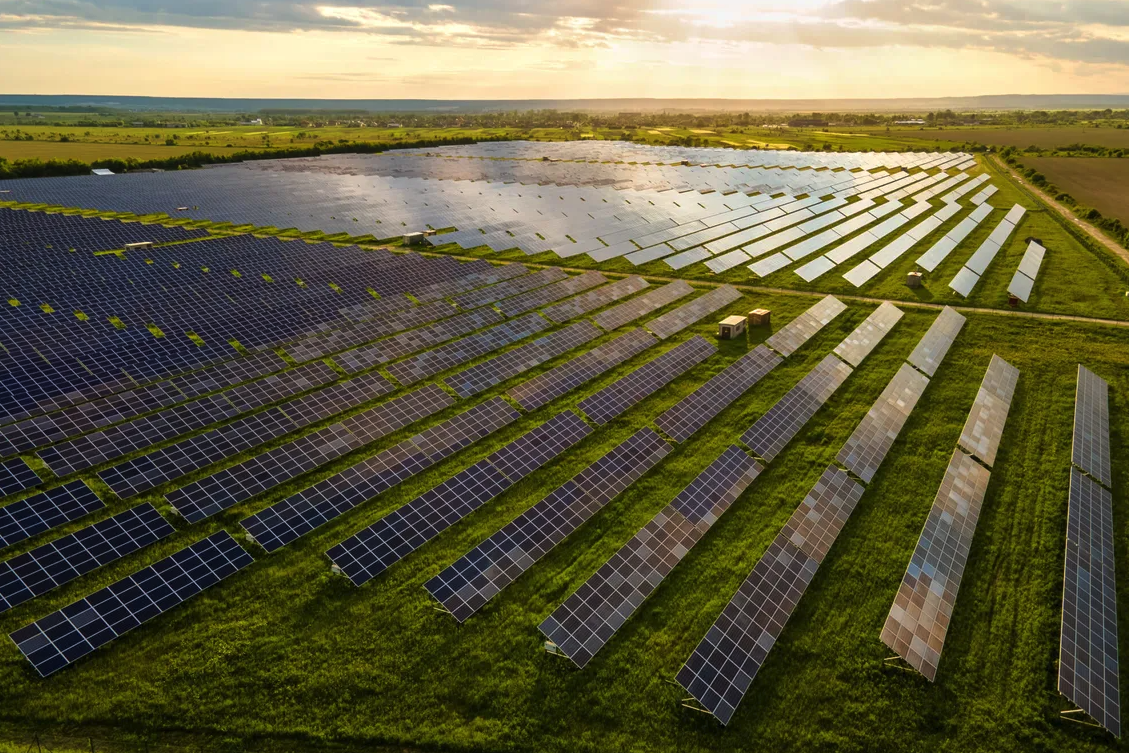
NERC Releases Inverter Based Resources Webinar Series
October 19, 2023
As the power delivery system continues to rapidly evolve due to decarbonization policy initiatives, inverter-based resources (IBRs) are playing an ever-more significant role in generation additions to the bulk power system. NERC and other technical organizations have taken numerous actions to support the reliable integration of these resources.
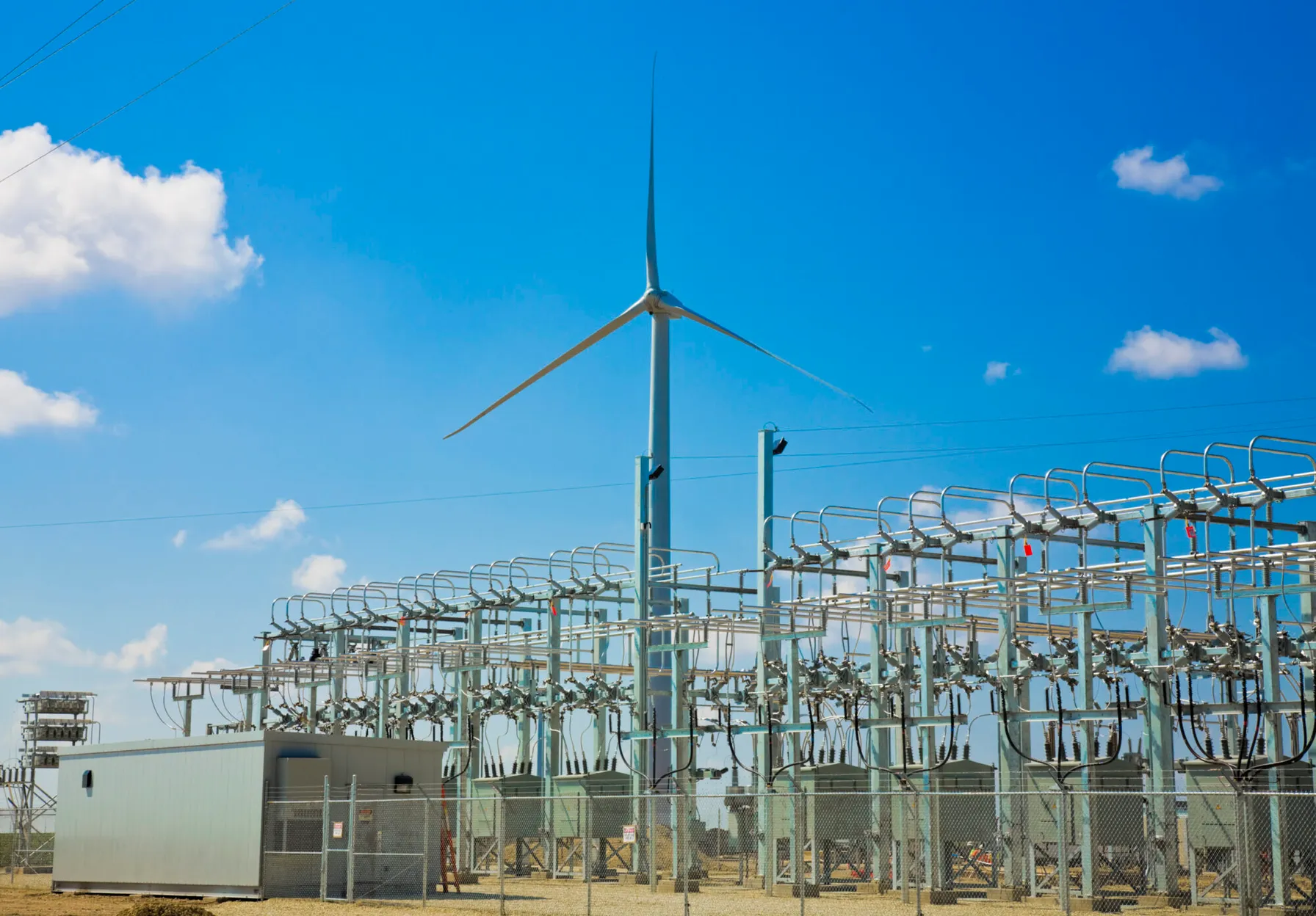
FERC Issues Order 2023 to Resolve Interconnection Process Issues
September 25, 2023
The Federal Energy Regulatory Commission has approved Order 2023 to facilitate and improve the speed and reliability of adding new energy resources to the power system
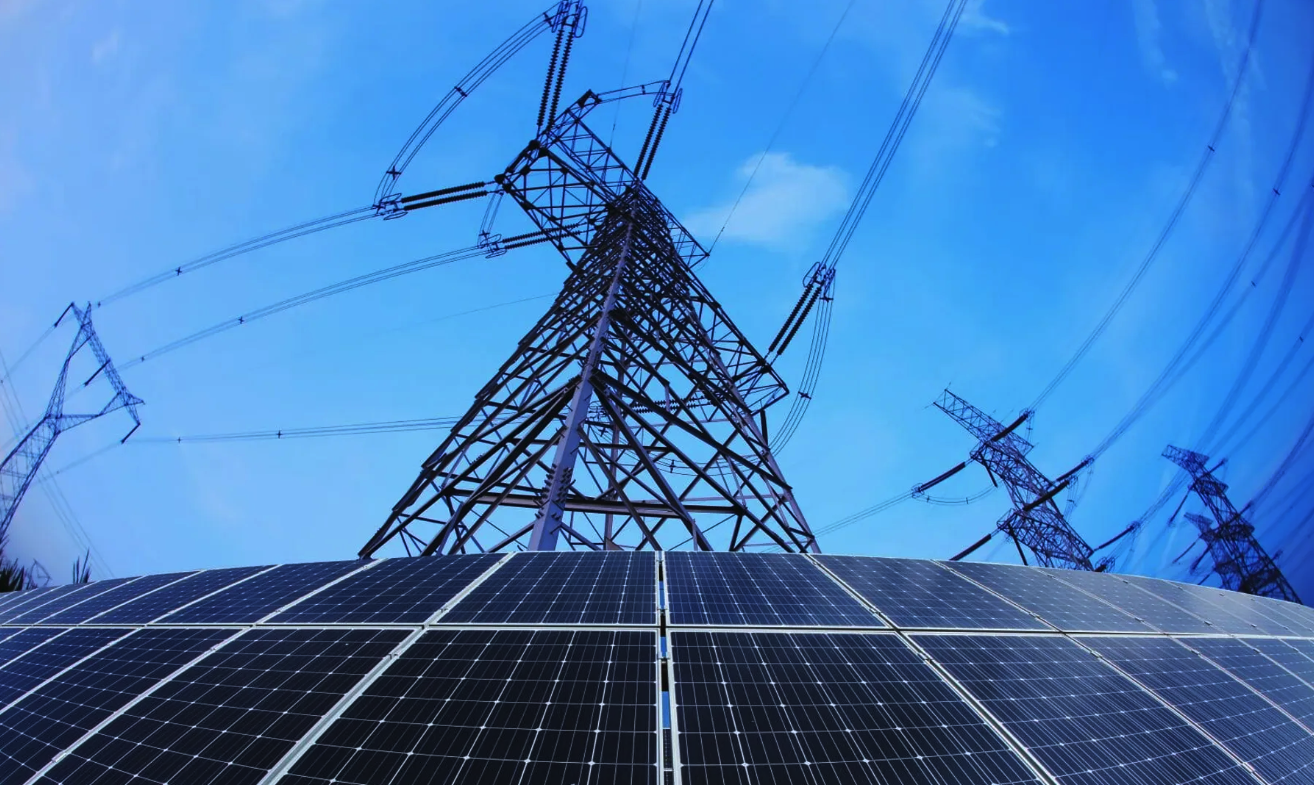
Intro to NERC Regulatory Guidance on Inverter-Based Resources
August 29, 2023
As renewable energy proliferates across the US power system, the North American Electric Reliability Corporation (NERC) continues to actively address reliability risks resulting from the implementation of inverter-based resources (solar and wind generation technology) connected at both transmission and Distributed Energy Resources (DER) levels.
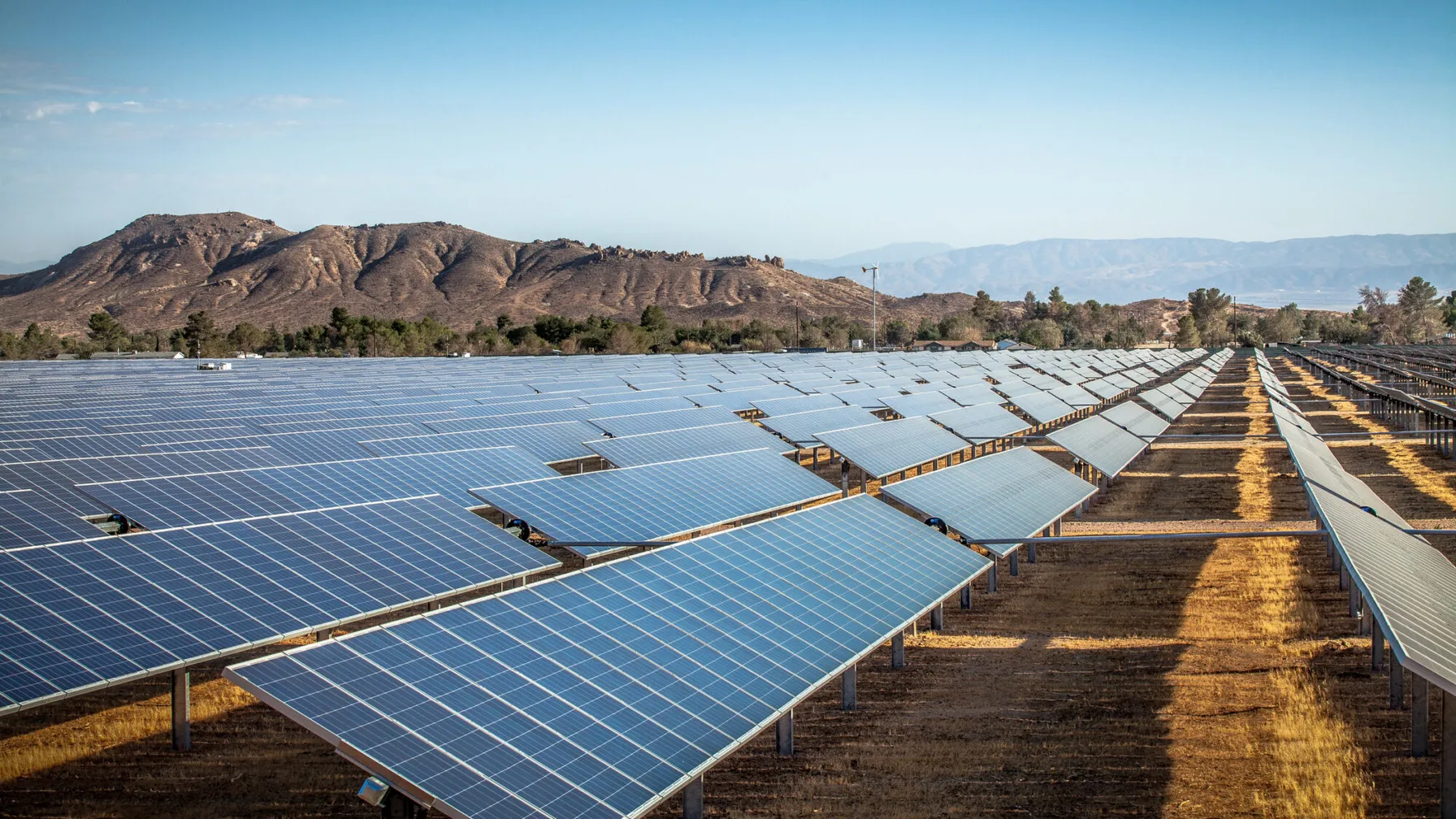
FERC Approves Plan to Register Certain Inverter-Based Resources as part of NERC Mandatory Standards Compliance Program
June 21, 2023
FERC issued an order approving NERC’s compliance filings.
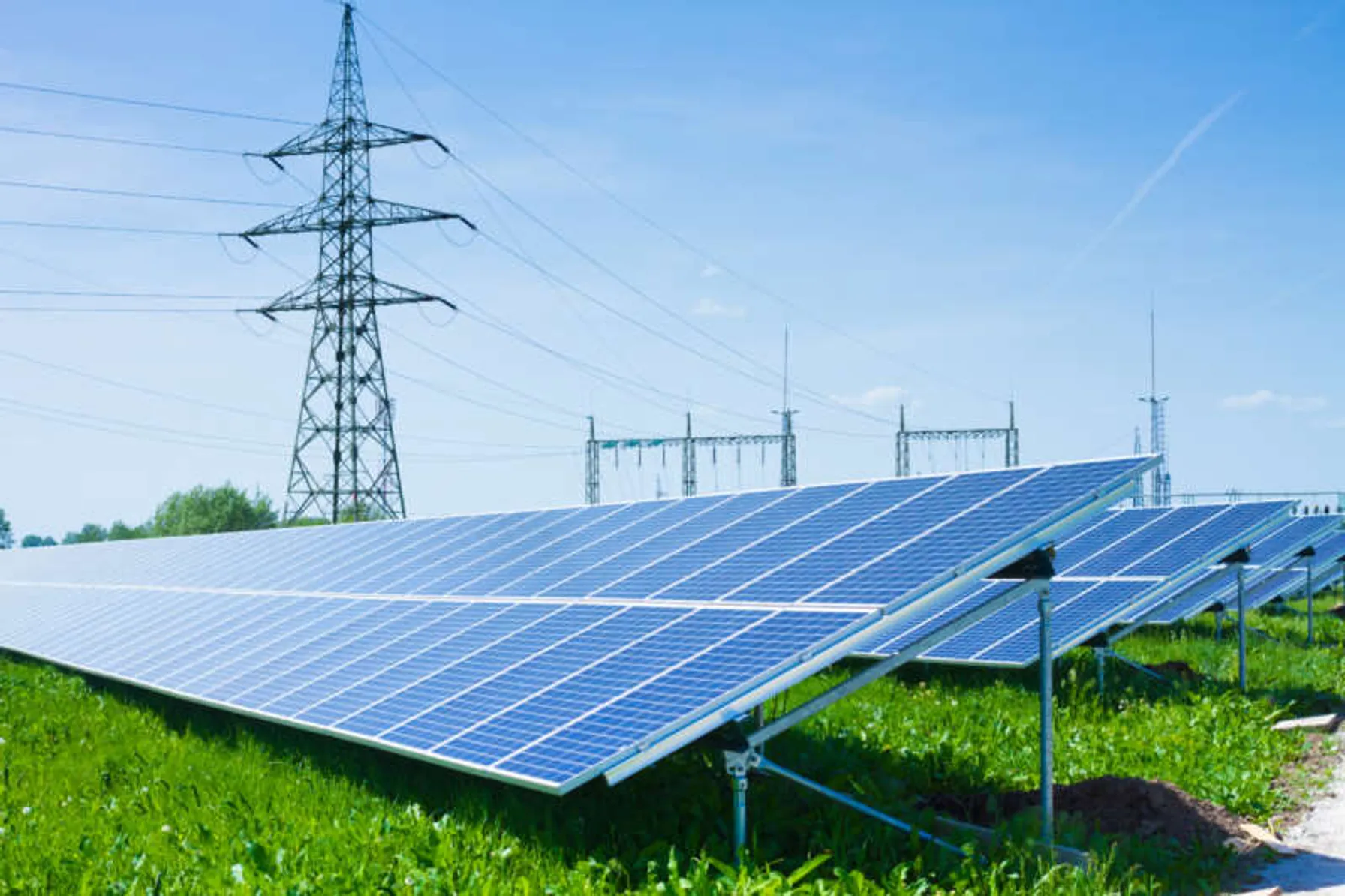
New FERC Orders Will Change Regulatory Process for Inverter Based Resources
January 9, 2023
The Federal Energy Regulatory Commission (FERC) recently proposed actions to keep the regulatory process and requirements ahead of reliability risks resulting from the accelerated deployment of Inverter Based Resources (IBR) based solar, wind and battery storage projects.
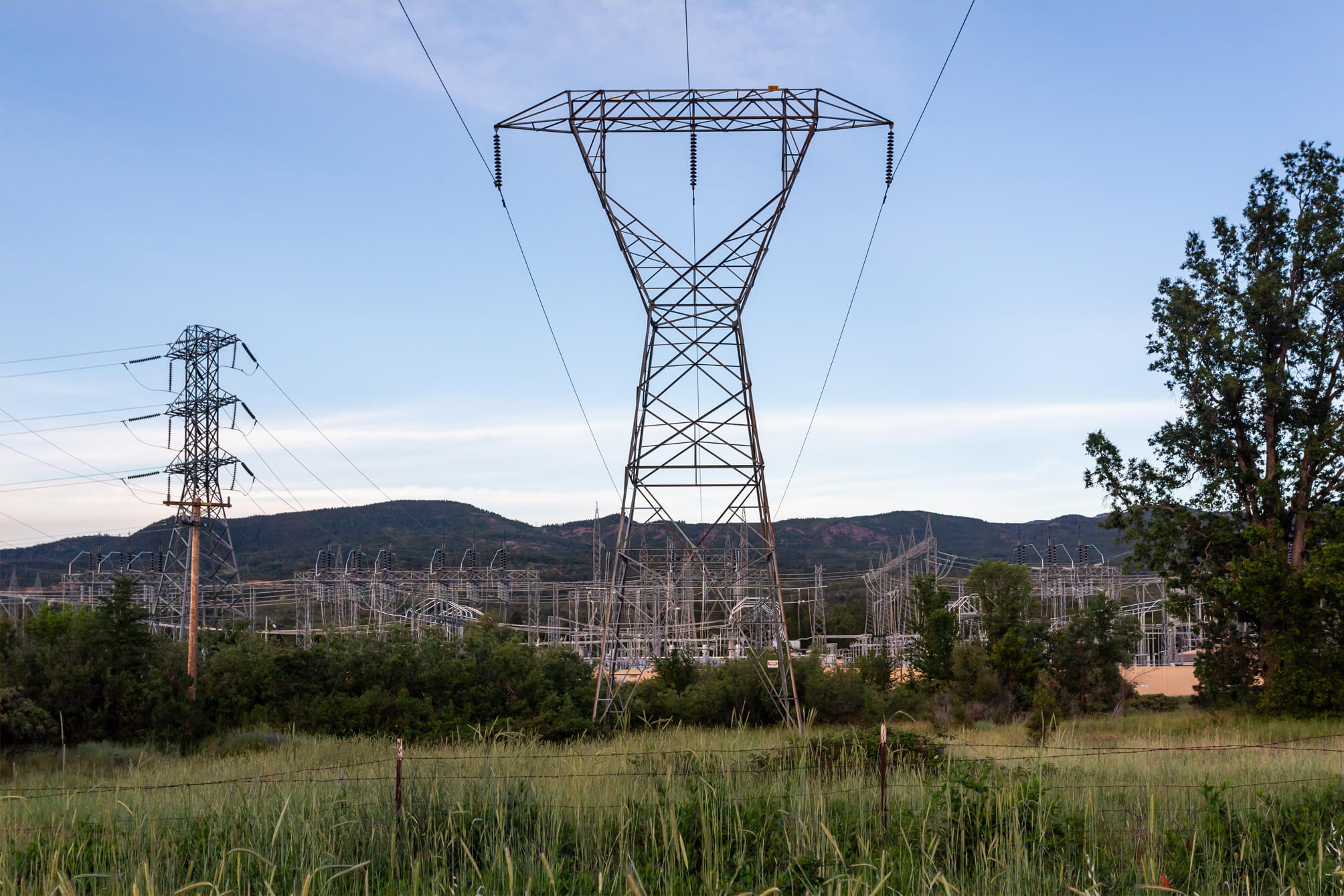
NERC Releases Inverter-Based Resource Strategy Plan
October 25, 2022
The North American Electric Reliability Corporation (NERC) recently released an Inverter-Based Resource (IBR) Strategy, which details the steps needed to successfully integrate IBR facilities into the planning and operation of the power system. The strategy was put in place due to the rapid interconnection of IBR systems, which are extensively used for solar and wind generating facilities, including new battery-based energy storage systems and are one of the most significant drivers of power grid transformation. Because of control system inconsistencies, IBR facilities pose well-documented risks to power system reliability when this strategy’s practices are not adhered to. NERC’s plan calls attention to the need for thoughtful integration of IBRs and identifies current and future work required to mitigate reliability risks resulting from the deployment of this technology.
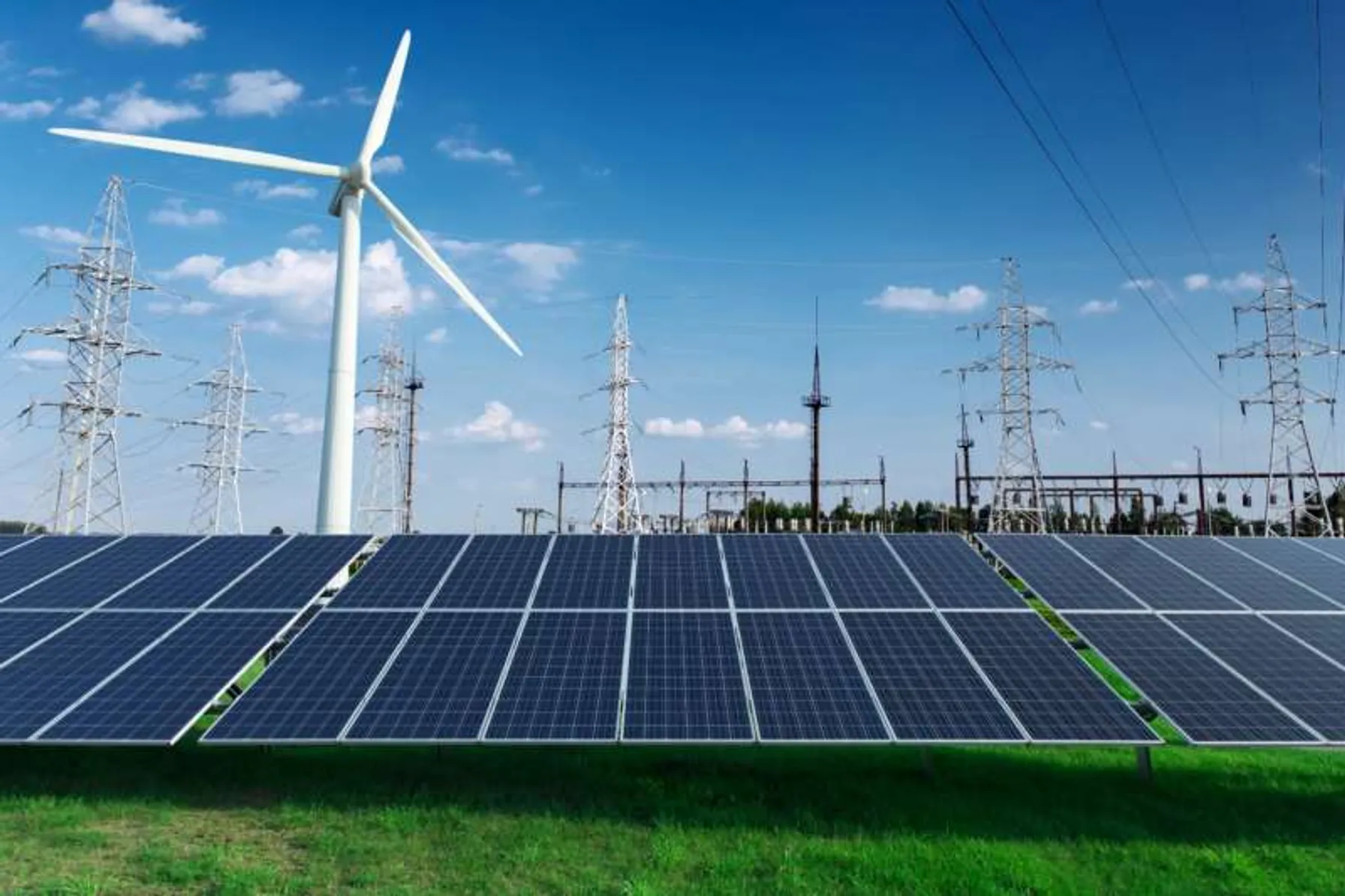
NERC’s Revised PRC-024-3 Standard for Inverter-Based Generation Effective in October 2022
May 11, 2022
Changes to PRC-024-3 in support of inverter-based generation performance are going into effect in October of this year. Interconnection programs and documentation procedures may need to be updated in order to maintain compliance.
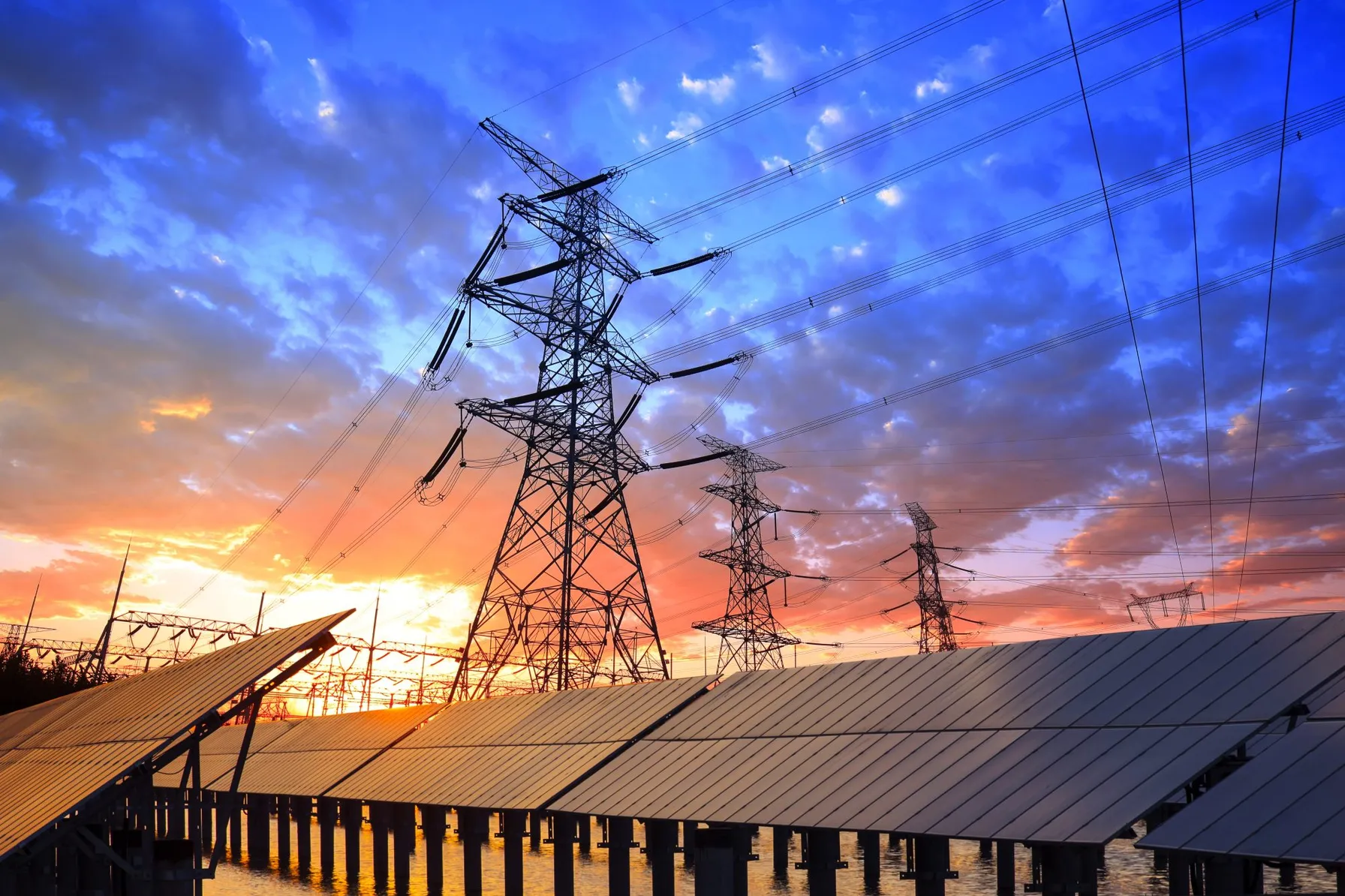
New NERC Guidance Supports the Implementation of Grid Forming Inverters
March 8, 2022
NERC has issued a new report highlighting the key attributes of various inverter controls to support proper implementation and to protect reliability.
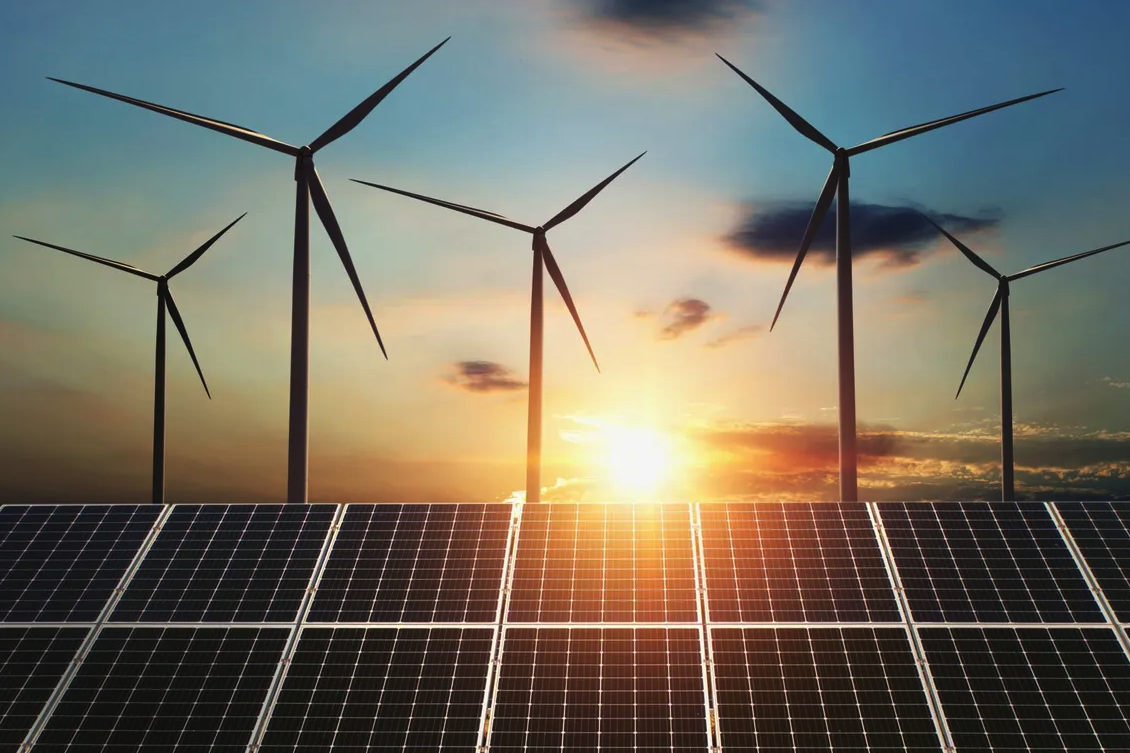
NERC Seeks to Improve GADS Reliability Performance Reporting
August 26, 2021
Learn how incorporating agricultural practices into your solar development improves project success Agrivoltaics, the innovative fusion of traditional agricultural practices with solar installations, is revolutionizing land use and energy generation. By seamlessly integrating farming and livestock elements into photovoltaic facilities, solar developers, owners and operators can not only diversify revenue streams but also reduce environmental impact and strengthen community ties. Based on our expertise and experience we explain the benefits, best practices and economic potential of agrivoltaics to build a more sustainable future. What are the Benefits of Agrivoltaics? Agrivoltaics is the simultaneous use of areas of land for both solar photovoltaic power generation and agriculture practices including sheep grazing, row crops, pollinator plants and nearby beehives. Typically, solar panels capture sunshine on structures like roof tops, non-agricultural land, or even cars and road signs. But agricultural land is the most suitable for solar farm construction due to cleared areas, usually relatively flat land, viable, nearby electrical interconnections, lower cost leases and positive landowner relationships. Employing agrivoltaics in a solar development reduces project opposition and operating costs. The land use benefits can support a more streamlined environmental permitting process and enhances community acceptance and local stakeholder support. Agrivoltaics solves complex problems for the landowners, community energy grids and even supplies financial relief over time. This practice is expected to grow at a compound annual growth rate of 10.1%. One main benefit of argivoltaics is to provide another revenue stream for landowners who want to both farm and manage their leased land. Additional benefits are lower Agricultural Impact Mitigation Payments, increased reputation within the local community and more favorable evaluation and approval of solar projects. A recent survey of two U.S. communities found that when agrivoltaics was included as a feature in a proposed solar project, public support for the project increased by 81.8%.

The Economics of Transitioning to Renewables
May 15, 2021
One of the biggest obstacles involved with the transition to renewable energy is speculation about its economic impact. Some worry that switching to renewables will cause instability in the economy, leading to job losses. Many communities across the United States rely on the economic impact of producing, manufacturing or otherwise taking part in the use of hydrocarbons.

Environmental Impacts of Transitioning to Renewables
May 15, 2021
The transition to renewable energy sources will have notable environmental impacts as well as economic impacts. To understand the possible implications, you’ll need some background knowledge of the ways fossil fuels affect the environment.

Transitioning Away From Hydrocarbons
May 15, 2021
The transition from oil and gas to renewables has involved complicated technological research. Sustainable energy production has become a priority around the world. Although the transition has been slow, technological advancements are promising. When approaching an energy transition, leaders should consider all different possible avenues and their potential impacts. Many alternative energy sources are available, each with its own pros and cons.
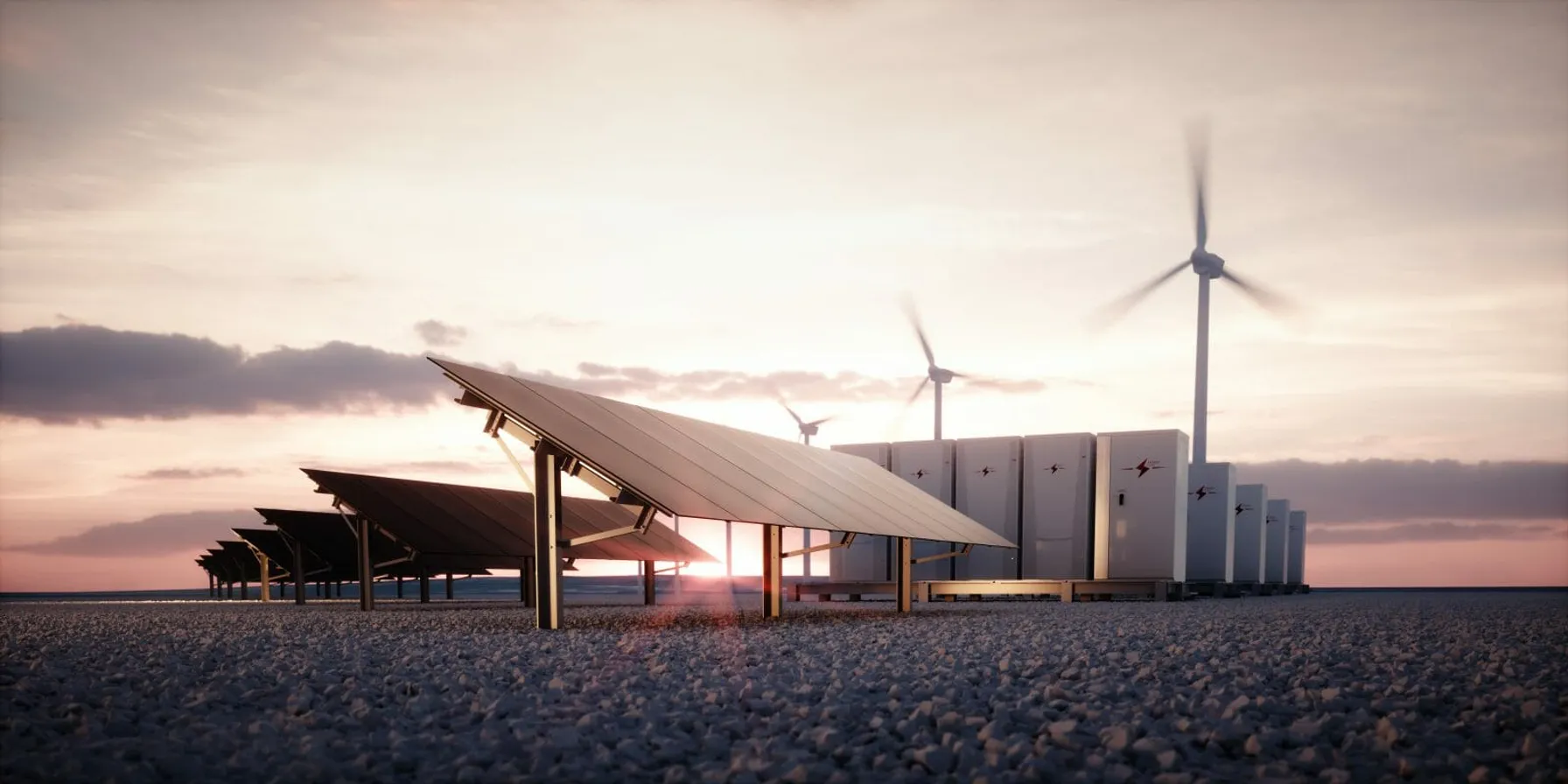
NERC Issues Battery Energy Storage Systems Reliability Guidance
April 22, 2021
While NERC has recently published a reliability guideline addressing inverter-based resources generally, they are now giving more attention to the various potential uses of BESS to support effective implementation with newly released guidance.
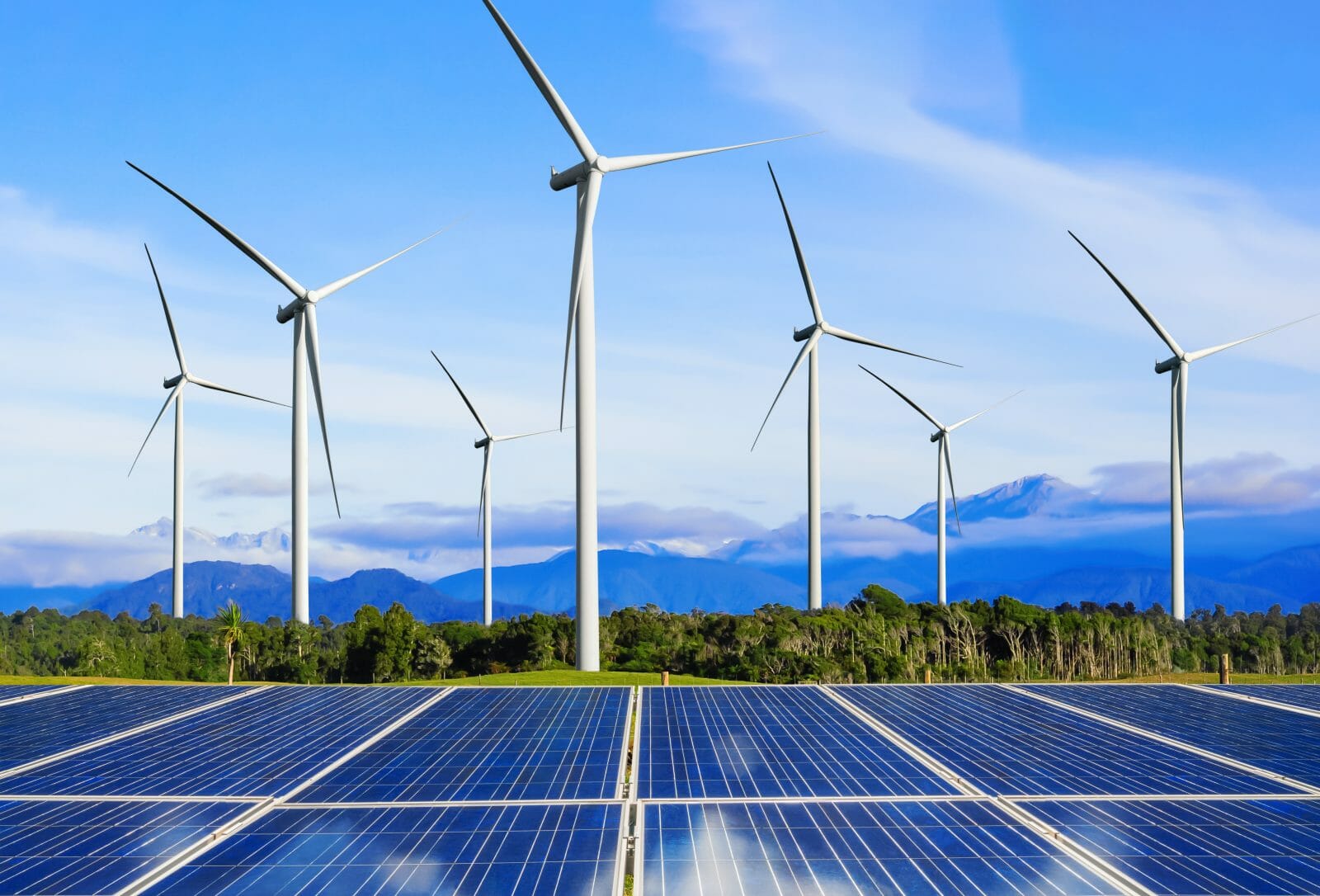
TRC Talks – Integrated Solutions for Renewable Energy
April 7, 2021
Close coordination when planning the electrical and civil design components of a renewable energy project is critical to development success. Working with a multi-disciplinary team can streamline approval processes and ensure optimum constructability.
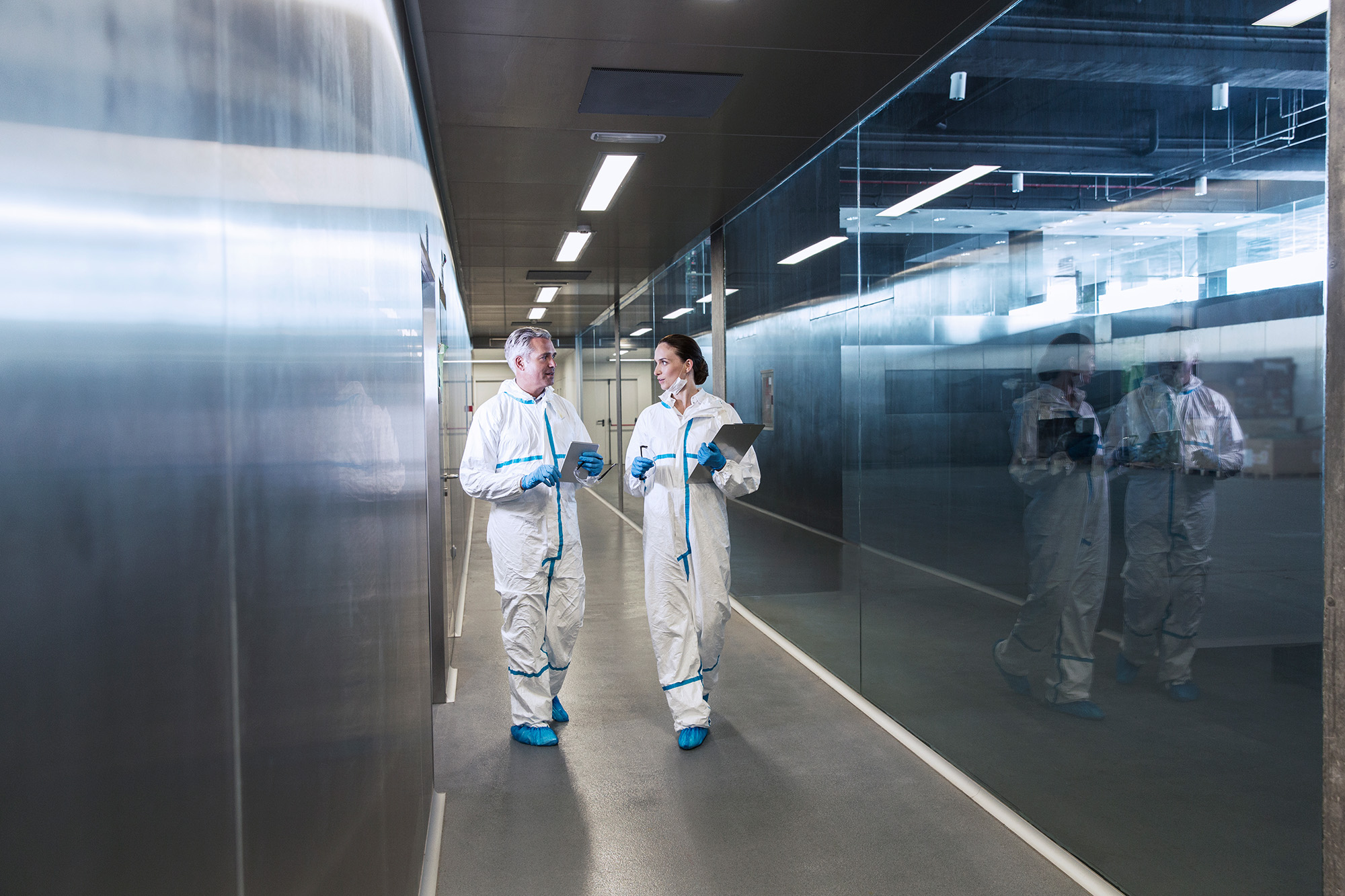
TRC Companies Inc. Acquires 1Source Safety and Health
November 11, 2020
TRC Companies (“TRC”), a leading technology-driven provider of end-to-end engineering, consulting and construction management solutions, has acquired 1Source Safety and Health, a firm that provides management consulting services in areas such as indoor air quality, asbestos management, industrial hygiene and safety management systems.
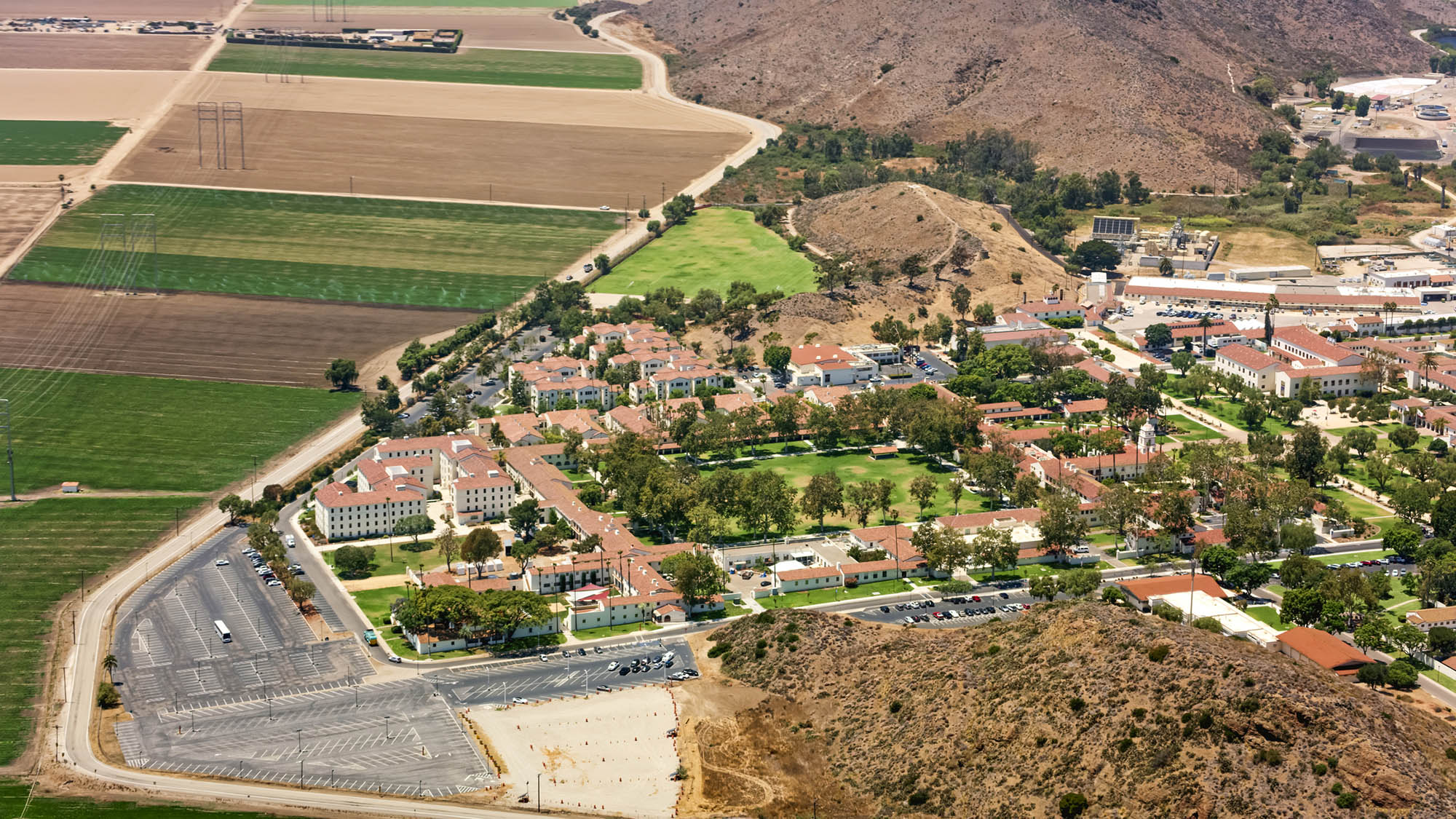
City of Camarillo, California approves moving forward with Hybrid Solar Microgrids at five critical community facilities
November 6, 2020
On October 28, the Camarillo City Council unanimously approved moving forward with the design of Hybrid Microgrids at five City facilities: City Hall, the Corporation Yard, Camarillo Public Library, Police Station, and Wastewater Treatment Plant. The microgrid at the Camarillo Public Library will be designed with solar+storage only, while the other four sites will employ a hybrid design of solar+storage+diesel.
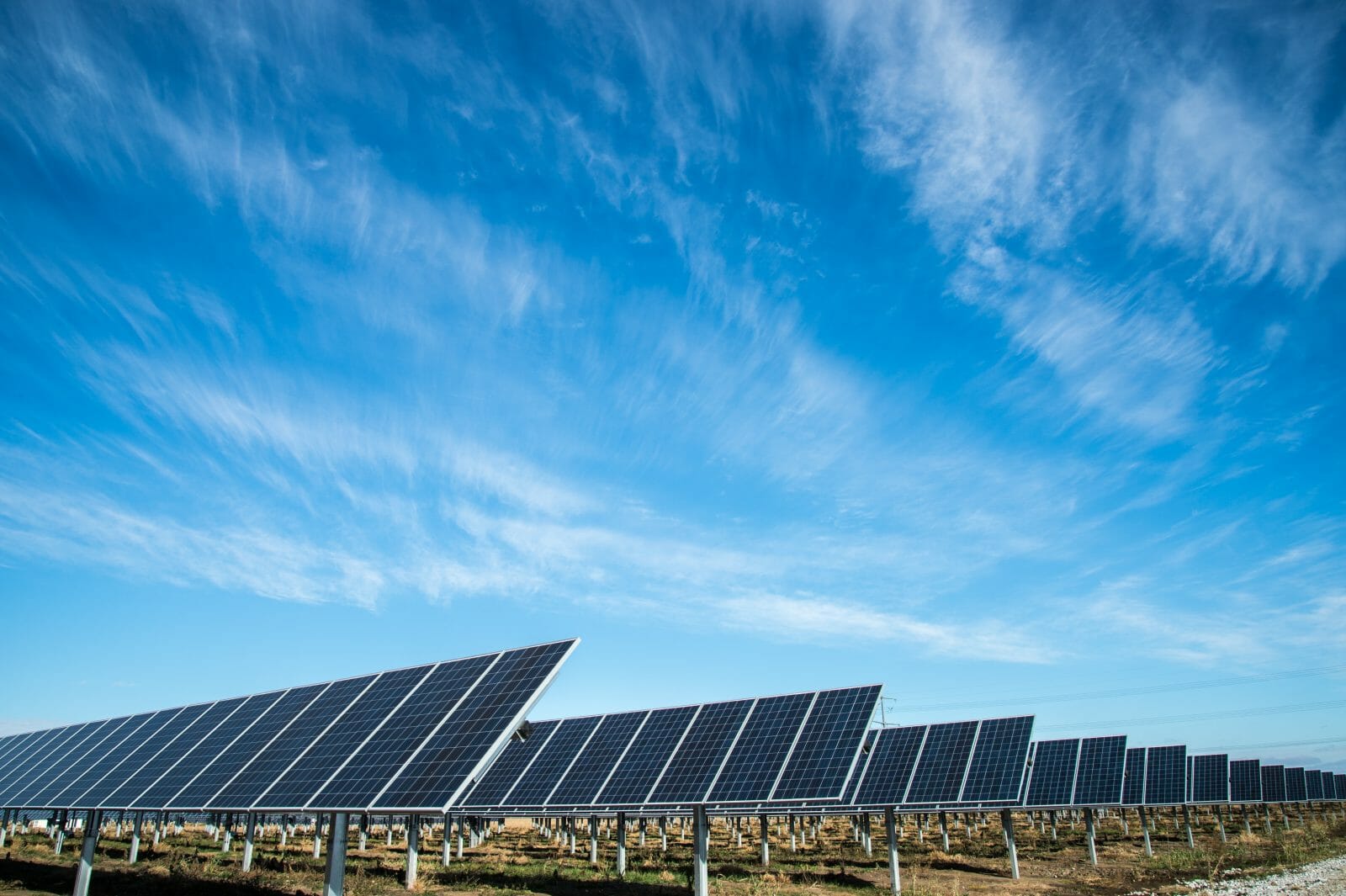
Michigan Utility’s First Brownfield Solar Project Highlights Promise, Challenges
November 7, 2019
TRC’s Doug Kilmer talks to Energy News Network about the benefits of repurposing brownfields as sites for solar arrays: “For some of these properties, this is the best way to get them back on the tax rolls.”
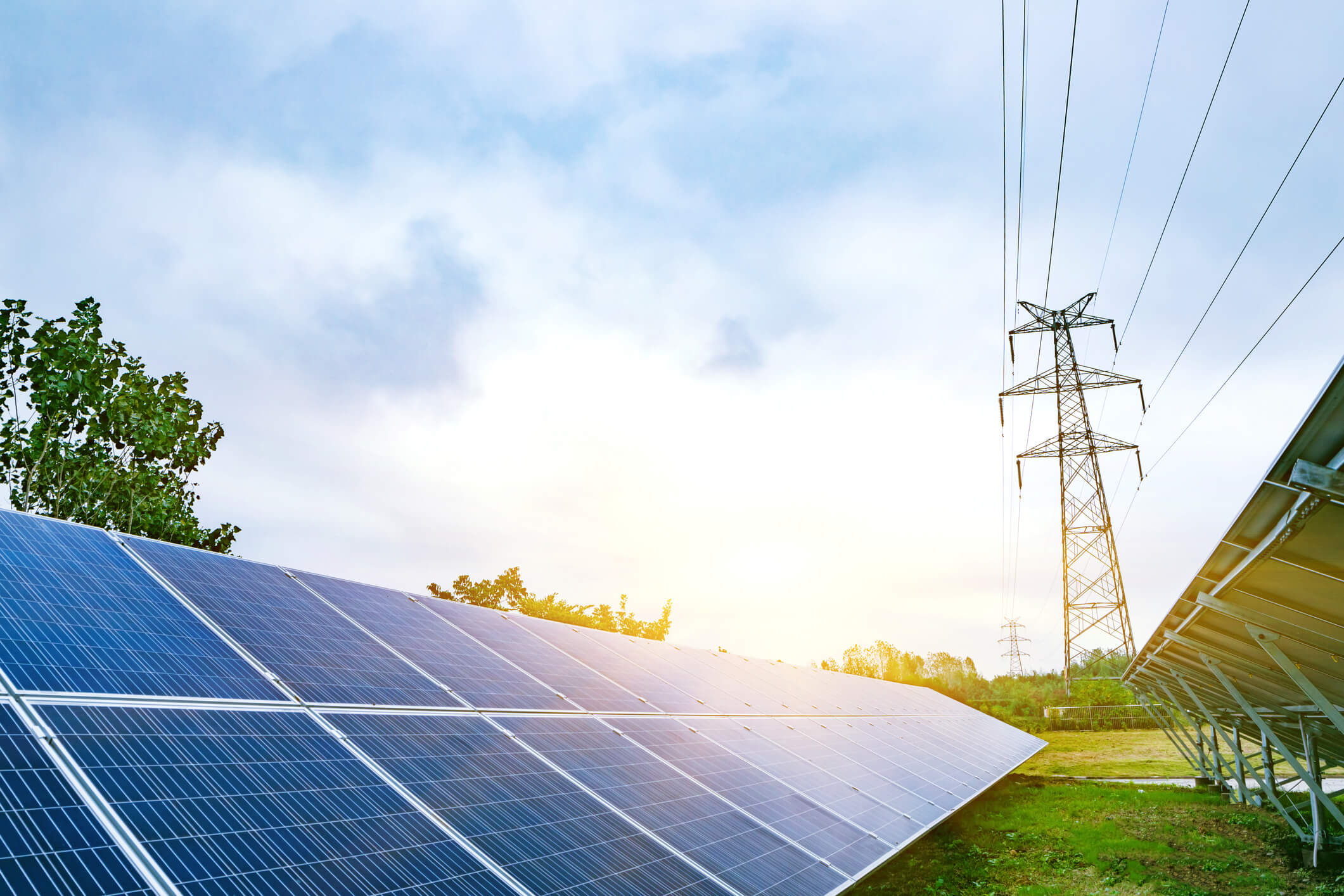
NERC to Modify Standard and Develop Compliance Guidance to Accommodate Inverter-Based Generation Technologies
February 20, 2019
Renewable energy systems have dramatically changed the power generation resource mix. These new generation technologies no longer involve directly coupled rotating generators which were once standard in the industry. Now, inverters that change Direct Current (DC) electricity to the Alternating Current (AC) electricity suitable for delivery via AC transmission systems are becoming more prevalent, raising reliability…
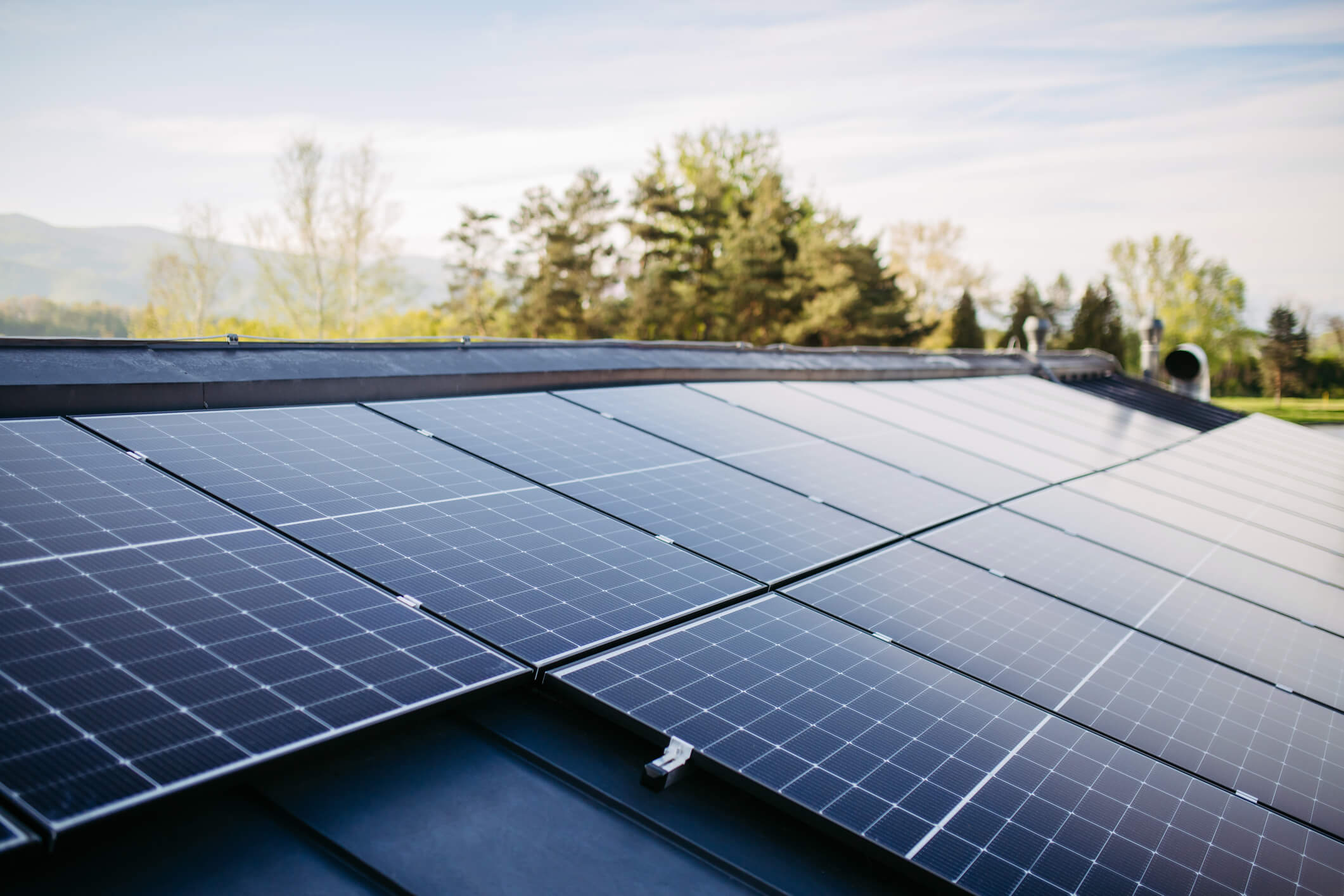
NERC Identifies New Reliability Risk due to Utility Scale Solar Generation Inverter Design
June 13, 2017
NERC has released a report documenting its findings and recommendations related to reliability risks from utility scale solar generation projects with implications for PRC-024 compliance, as well as generation, interconnection and protection system technologies.

Successful Interconnection of Utility Scale Solar Projects – Strategies to Stay on Schedule and on Budget
November 2, 2016
Growth in solar power creates challenges for both project proponents and utilities. TRC has reviewed hundreds of interconnection applications for utility partners, and we’ve learned important strategies for reducing the time and costs associated with interconnecting projects 1 megawatt or greater.

Jenny Phillips
Jenny Phillips, Director of Technical Development, VP – Jenny Phillips leads the Technical Development Unit of TRC, focusing on Emerging Contaminants. She is an expert in human health and ecological risk assessment with a focus in risk communication and stakeholder discussions. Ms. Phillips also leads TRC’s Center for Research and Expertise which includes 30+ technical teams. Contact Ms. Phillips at JPhillips@trccompanies.com.



